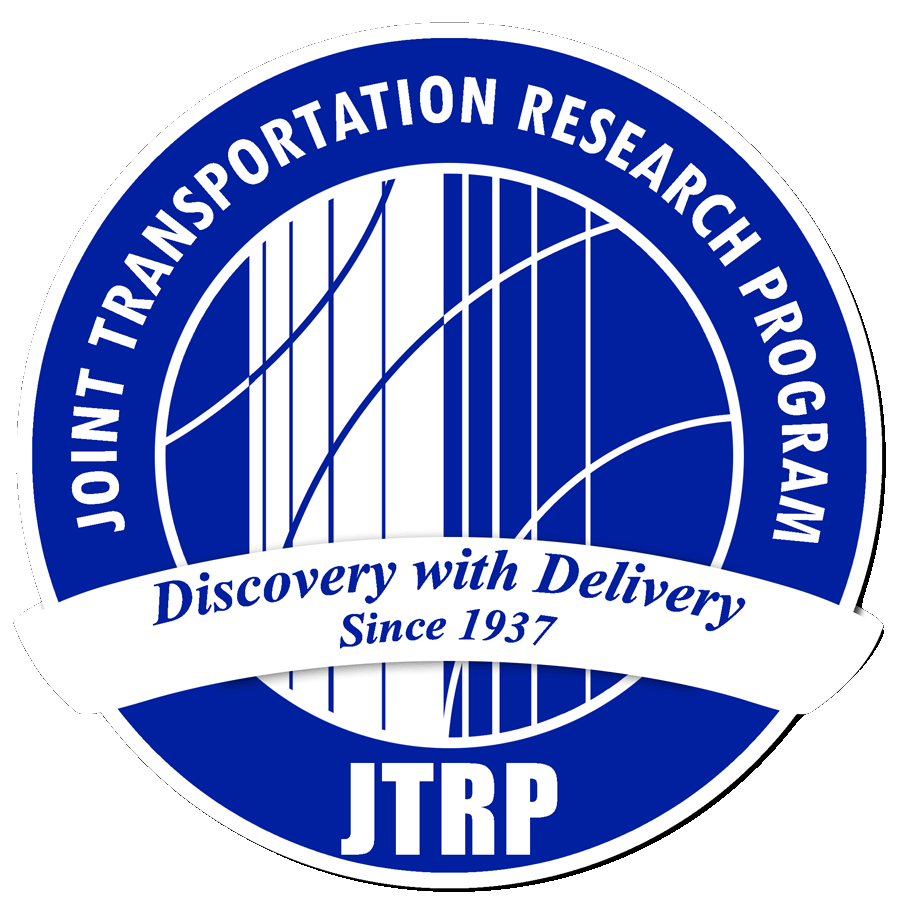Abstract
This study covers pavement surface maintenance on three surface types: rigid, flexible and composite (asphalt overlay on rigid pavement). It addresses 3 main issues as follows: 1) Do routine maintenance activities make a difference in terms of pavement serviceability? If yes, how much? 2) Are chip and sand seal coating cost-effective? What is their optimal timing? 3) What management criteria should be used as a guide to make seal coating decisions on specific roadways? In resolving Issue #1, a stratified 2-stage sample of observational data was used in a statistical before/after comparison. SAS-General Linear Model was used due to its flexibility in treating continuous and class variables. Most activities showed significant effect (either alone or in combination with others) on Pavement Serviceability Ratings or Roughness Numbers. In resolving Issue Hi, Life Cycle Cost Analysis was applied using agency and user costs. Results showed that optimal timing for seal coating is in the PSI range of 3.0 to 2.7, dependent on AADT. In resolving Issue #3, a literature search, telephone interviews and expert opinion survey were used to augment the findings on Issue #2 in generating a decision tree. The developed tree uses the available data at INDOT, although surface distress related criteria would be superior. The tree helps analyze the likely cause of distress, the preferred solution and a priority ranking in the case of funding shortages. Specific guidelines or the use of chip and sand seals are also provided.
Keywords
cost-effectiveness evaluation, surface routine maintenance, chip and sand seal coating, life cycle costing
Report Number
FHWA/IN/JHRP-90/12
Performing Organization
Joint Highway Research Project
Publisher Place
West Lafayette, IN
Date of Version
1990
DOI
10.5703/1288284313427
Recommended Citation
Mouaket, I. M., A. Al-Mansour, and K. C. Sinha. Evaluation of the Cost-Effectiveness of Pavement Surface Maintenance Activities. Publication FHWA/IN/JHRP-90/12. Joint Highway Research Project, Indiana Department of Transportation and Purdue University, West Lafayette, Indiana, 1990. https://doi.org/10.5703/1288284313427Project Number
C-36-63M
File Number
9-7-13


